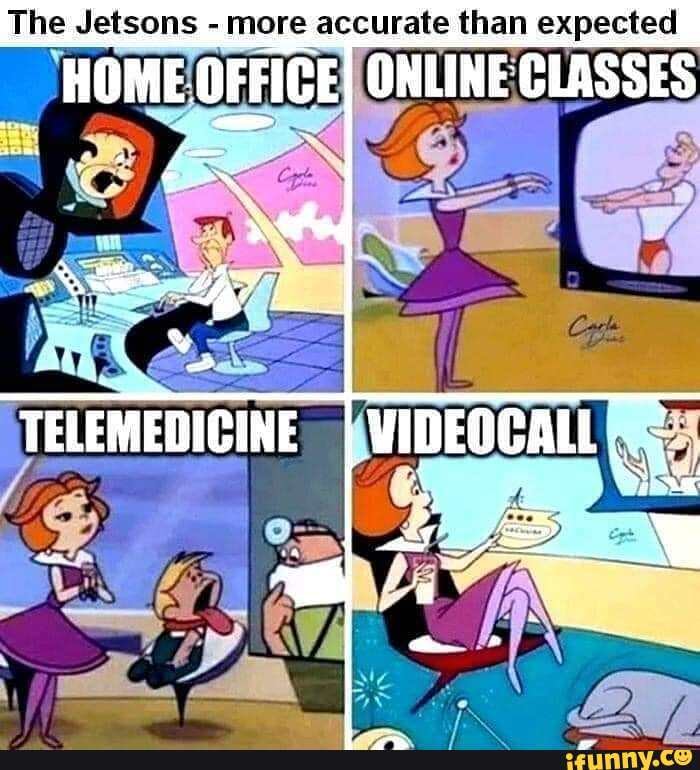Technology as a Tool, Not an Intervention

*Jetsons meme, unknown author
“Those of us who are willing to rumble with vulnerability will not be threatened by the rise of the machines, because we will be part of the rise of daring leaders.”
I love this quote from researcher Brene Brown. For me, it’s a battle cry of sorts amidst the rise of automation and digitization of care in our country. Early in my career, I was at a presentation from a major tech and aging developer. They talked about this timed spritzer you can put in your kitchen that sprays a turkey scent and therefore prompts your loved one that it’s time to eat. WHAT?! I thought, oh gosh, you have someone who is at-risk enough that a reminder to eat is necessary but instead of scents coming from someone cooking in the kitchen, you have a spritzer. So who is making lunch- the person needing the reminder to eat? Hmm… And what if they don’t like the turkey smell (is it customizable, does it come in tofurkey?)
In a recent article exploring the rise of AI in a care setting, authors Mateescu and Eubans discuss the increasing need for caregiving support and technology’s response in the form of artificial intelligence and remote monitoring. But what gaps emerge? Mateescu and Eubanks close their article with a poignant reminder that “our future visions for a caring society must be built on a foundation of justice and equity, dignity and autonomy, not just efficiency and scale.”
Technology is a tool to support our work and should not be seen as a replacement for human interaction. Technology alone cannot address issues of isolation and loneliness but can enhance engagement strategies and extend their reach. In the age of technological interventions, it is important to acknowledge the inherent accessibility issues. Not everyone has the same level of access and when more necessities become automated like healthcare, housing, employment opportunities, and socialization, those who are not connected are at risk of being underserved.
What technological interventions or tools have worked for you? Where do you need support that a virtual platform could enhance?
